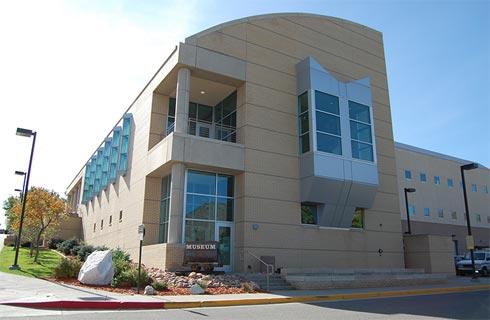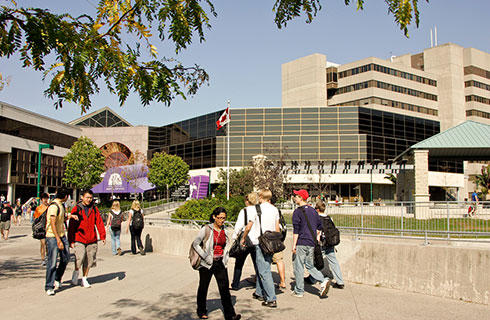Master of Public Health in Environmental Health Sciences

学历文凭
Masters Degree

专业院系
Department of Public Health

开学时间

课程时长

课程学费

国际学生入学条件
IDP—雅思考试联合主办方

雅思考试总分
7.0
- 雅思总分:7
- 托福网考总分:90
- 托福笔试总分:570
- 其他语言考试:NA
CRICOS代码:
申请截止日期: 请与IDP联系 以获取详细信息。
课程简介
相关申请
 预科
预科 奖学金
奖学金 实习机会
实习机会 在校学习
在校学习 跨境学习
跨境学习 校园授课-线上开始
校园授课-线上开始 在线/远程学习
在线/远程学习
开学时间&学费
学费信息仅供参考,请与IDP联系以获取详细信息
| 开学时间 | 时长 | 学费 | 地点 |
|---|
学校排名

世界排名13
数据源:
泰晤士高等教育世界大学排名
关于加州大学伯克利分校

商科,工程,教育,法律,只要你能想到的专业,伯克利即使没有排名前5,也不会排到10名开外! 在伯克利加州大学,没有来自保守传统的约束,没有不可逾越的清规戒律,在这片自由的土地上你可以天马行空,放开思维畅想,自由探索未知世界,在这里你的思想永远会得到尊重,即使别人并不同意你的观点。伯克利还是世界上最重要的研究教学中心之一。伯克利的招生过程更看重申请者的整体水平,招生部门认为一个人的成就可以通过任何方式得以体现,因此单论标准考试分数的高低不会决定你是否能被伯克利录取。UCB也提供各种奖学金,每年有200名幸运儿能够通过 "Regents’and Chancellor’s Scholarship" 获得本科四年部分乃至全部资金支持。
本校相关课程

Doctor of Philosophy in Statistics
学历文凭
Ph.D.
开学日期
课程费用总额


Doctor of Philosophy in Political Science
学历文凭
Ph.D.
开学日期
课程费用总额


Doctor of Philosophy in Sociology
学历文凭
Ph.D.
开学日期
课程费用总额


Doctor of Philosophy in Social Welfare
学历文凭
Ph.D.
开学日期
课程费用总额


Doctor of Philosophy in Nuclear Engineering
学历文凭
Ph.D.
开学日期
课程费用总额


Doctor of Philosophy in Molecular Toxicology
学历文凭
Ph.D.
开学日期
课程费用总额

其他相关课程

Master of Arts in Global Governance
 滑铁卢大学
滑铁卢大学学历文凭
Masters Degree
开学日期
课程费用总额


卫生研究(荣誉)理学学士
 滑铁卢大学
滑铁卢大学学历文凭
Bachelor Degree with Honours
开学日期
课程费用总额


社区卫生和流行病学理学硕士
 达尔豪斯大学
达尔豪斯大学学历文凭
Masters Degree
开学日期
课程费用总额


健康科学学士
 达尔豪斯大学
达尔豪斯大学学历文凭
Bachelor Degree
开学日期
课程费用总额


性别与妇女研究文学士学位
 达尔豪斯大学
达尔豪斯大学学历文凭
Bachelor Degree
开学日期
课程费用总额


土著研究哲学博士
 特伦特大学
特伦特大学学历文凭
Ph.D.
开学日期
课程费用总额










 美国
美国